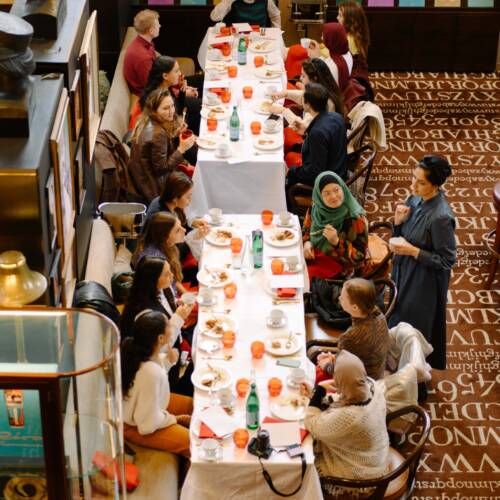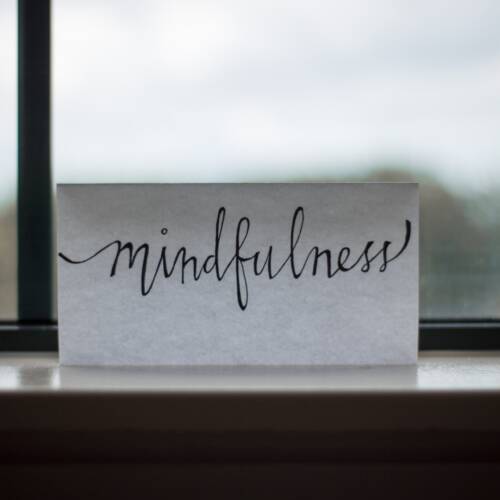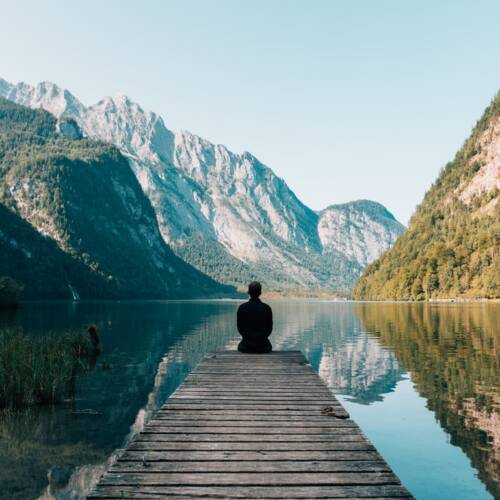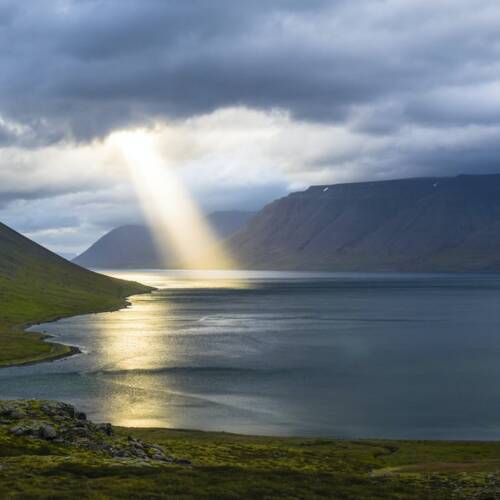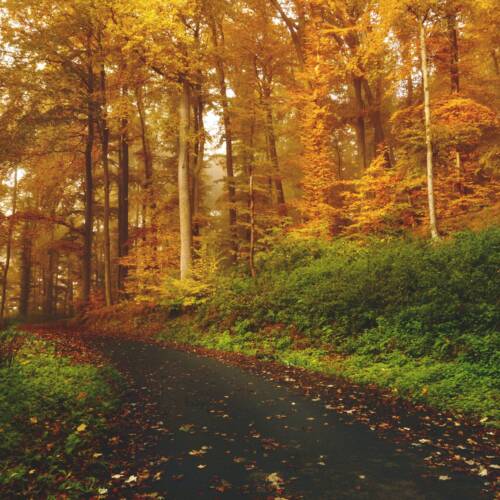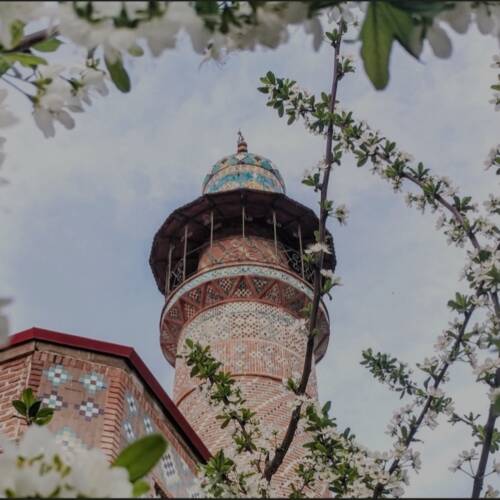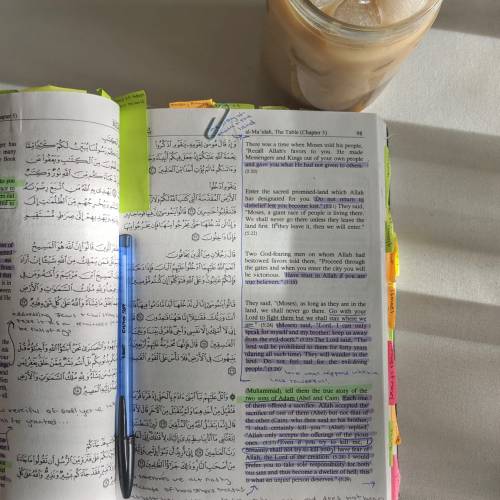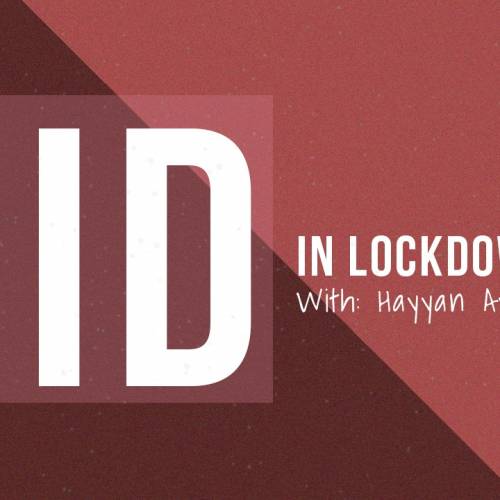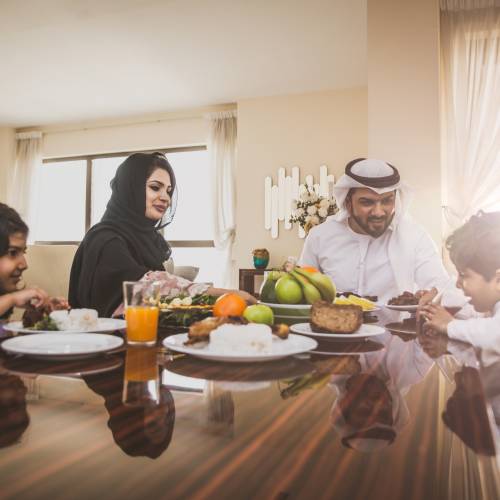
The Spiritual Gifts Of Ramadan In Isolation
03 May 2020The Prophet Muhammad would retreat to a cave in the mountain in order to escape from the tribal society which buried its daughters alive and valued the bonds of blood over ethics. This was a practice before revelation and the dawn of Islam. It was during this retreat that the angel Gabriel visited Him, with the revelation of the Quran.
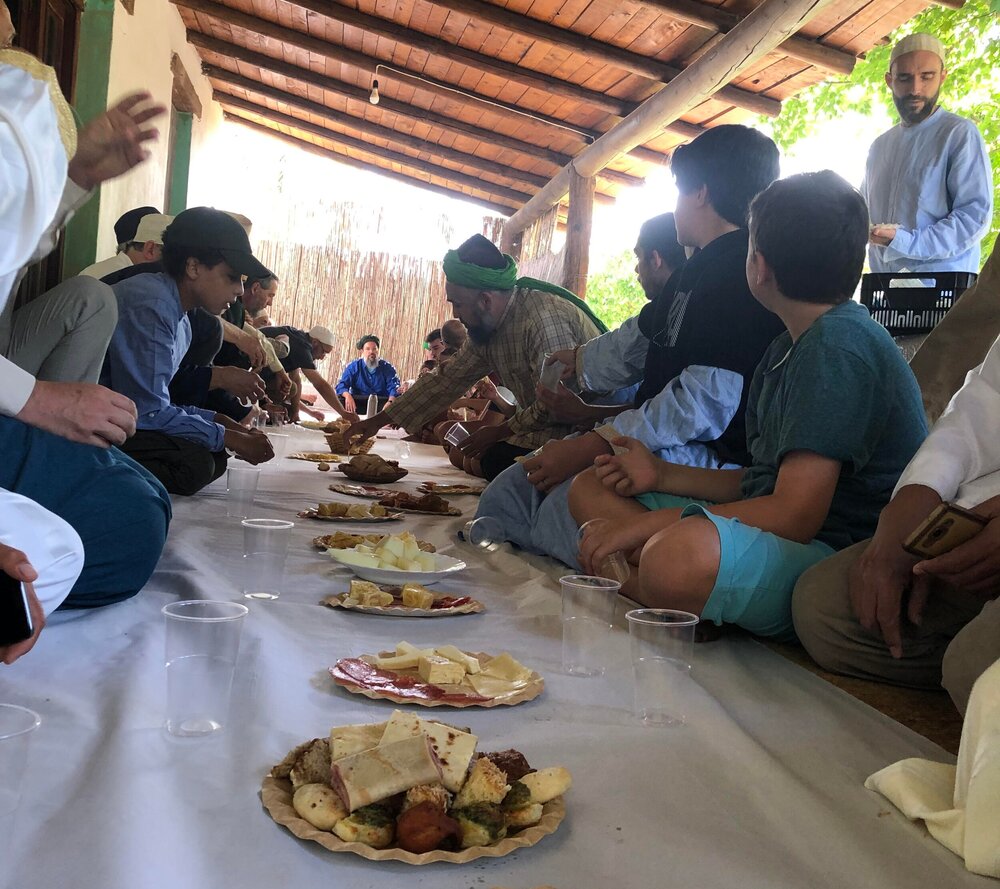
Ramadan is a time for personal transformation, spirituality, fasting, salah (prayer) in congregation, breaking fast with family and friends, and the growing trend of bridge building through initiatives like the Big Iftar and Ramadan Tent Project. The Qur’an is recited in its entirety through an additional night prayer, the Tarawih.
The night becomes a time for reflection, stillness and to connect with God as we approach the time for Suhoor (pre-dawn meal), fasting until sunset, controlling our appetite for food, water and sex. Causing us to retreat from the norm, breaking our habits and creating space to find presence in order to know ourselves and therefore know God. This month is a spiritual boot camp, giving our soul the time needed to reset and re-emerge to live a God-conscious life.
Ramadan is an opportunity to change things
Lockdown means that Muslim communities in Britain are abiding by social distancing. Disrupting the eagerly awaited Ramadan filled with spirituality, community and charity. This has left many saddened that they will not be able to spend time at the mosque, with loved ones, families and friends. It has also left many rethinking social connectivity, bridge building and adopting the use of virtual and online platforms.
Ramadan is an opportunity to change things and slow down. Whilst this year Ramadan is less socially connected, it is an opportunity to focus on spiritually connecting with our families on a deeper level, through prayer, conversation and remembrance of God. Juggling the needs of children is a challenge particularly when we have become educators and teachers whilst meeting their physical and emotional needs. This is overwhelming at the best of times, more so during lockdown and Ramadan. This slower pace is an opportunity to foster our spirituality as a family, connect with the word of God, learn together and pray at home together as a family.
Many Muslims save their annual holidays for this month and take it all off or alter working patterns to accommodate the sleep deprivation to have a more focused Ramadan.
Lockdown brings out the best and worst in people
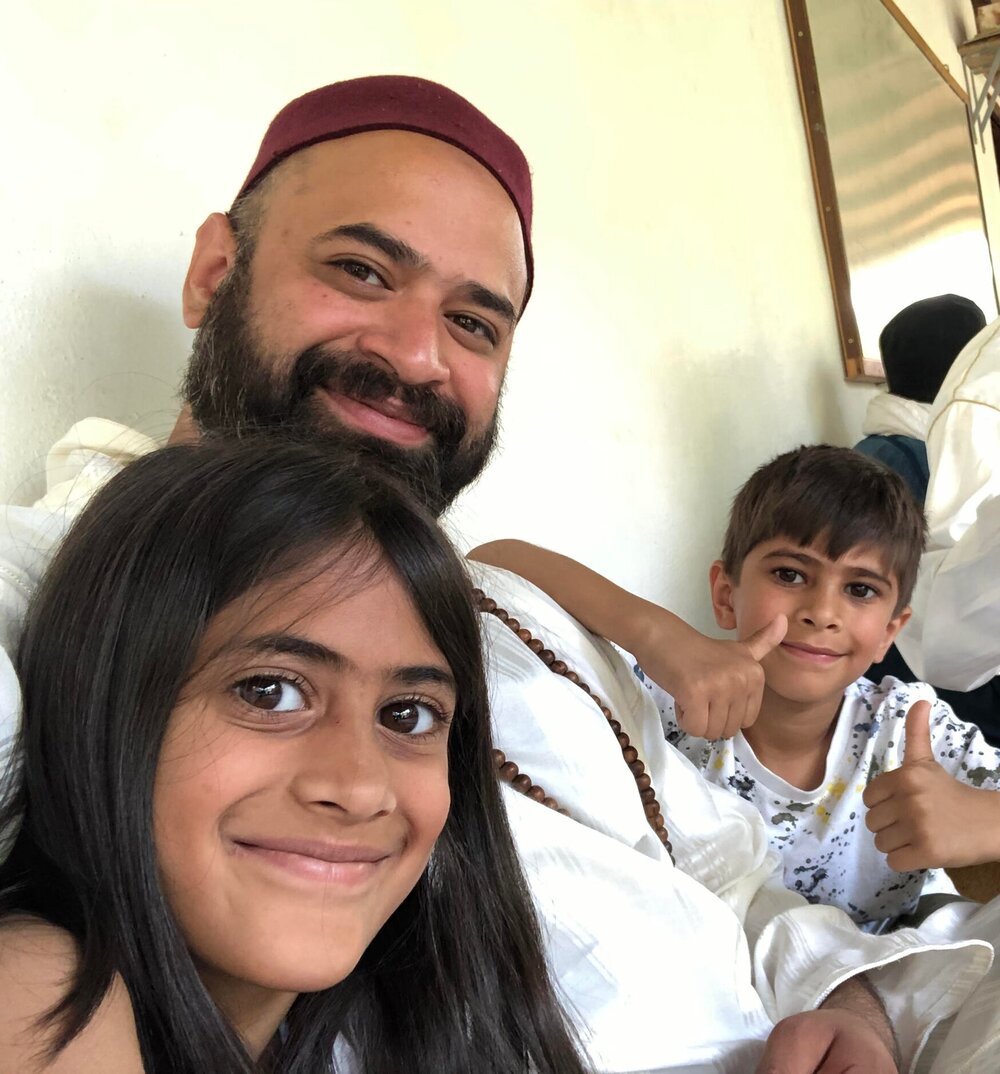
During the last 10 days of Ramadan, the Prophet Muhammad would continue the practice of retreat and seclude himself in the mosque. It is now a Sunnah tradition to go into seclusion known as I’tikaf, using this time to fast, talk less, limiting our interactions with people, meditating and praying. The world has been thrust into i’tikaf or seclusion through lockdown, disrupting society as a whole, everyone has had an unexpected retreat forced upon them, causing us to slow down from our busy lives, changing our norms and rethinking our lives.
We have already seen lockdown bringing out the best and worst in people,l. I’ve experienced racism, someone shouting “P**i” as they drove pass. I have observed people behaving erratically, high levels of stress showing on their faces and agitated behaviour. People loosing their tempers quickly. Whilst others have shown compassion and care; like Gemma, a stranger who treated my children to chocolates when she overheard them complaining, when the only shop in the village was closed, after a long arduous walk.
Let us not forget the sacrifices of the martyrs, the doctors, nurses and key workers, working tirelessly with many giving their life to save ours. I’m in awe of the volunteers who are reaching out to those in need, collecting shopping and delivering hot meals to the doorstep. Our support and appreciation for the NHS has grown, with the dawning realisation that services and funding have been drastically cut.
We are often sheltered from death, whilst at the moment we cannot escape from the news of someone losing their life. The death toll growing each day, is a stark reminder that life is precious and short. God being the giver of life and the one who takes it away. The remembrance of death, is often considered morbid, when in reality it is liberating, a reminder that we are on this earth for a short while and to make the most of our time.
Society has become fragmented and disconnected
Ramadan and lockdown has meant that we no longer have the same distractions by being busy, with limited opportunities to hang out, go shopping, grab a coffee or go watch the footy. This time is uncomfortable for all of us. While we usually distract ourselves with our business, we can no longer hide from ourselves or avoid our own company. This is a time to learn to be with yourself and God, grow, and expand whilst managing emotions and triggers.
During this emotionally turbulent time, we often find escape through denial or distraction. But we need to develop the tools required for emotional agility and resilience. It is important to find what works for you and be kind and gentle with yourself, giving yourself the time to process and ride through the uncertainty and turbulence. Remembering that after difficulty comes ease, and that the lockdown will pass.
Remember that yoyo-ing between states is normal. Trauma will surface, you will find that emotions will creep up on you, especially anxiety, fear and dread. The mind fog makes it difficult to be productive, creative and relaxed. We need a space to express our insecurities, to fight with our own demons and express our unfiltered voice.
This forced isolation will lead to the realisation how society has become fragmented and disconnected from each other. There will be a renewed desire for greater socially connectivity as we emerge out of lockdown.
Unfortunately, we have already seen an increase in polarisation and far-right narratives. Tackling perceptions and the fear of the other which will require greater leadership, politically, organisationally and in communities, and empowering bridge builders, particularly at a time when far-right narratives have become normalised and are found in the mainstream.
The society we rebuild is not one built on fear but on love, tolerance and respect. Recognising our commonality, common humanity and learning to navigate our differences respectfully. We have a long way to go in order to achieve this- whilst I’m hopeful!






